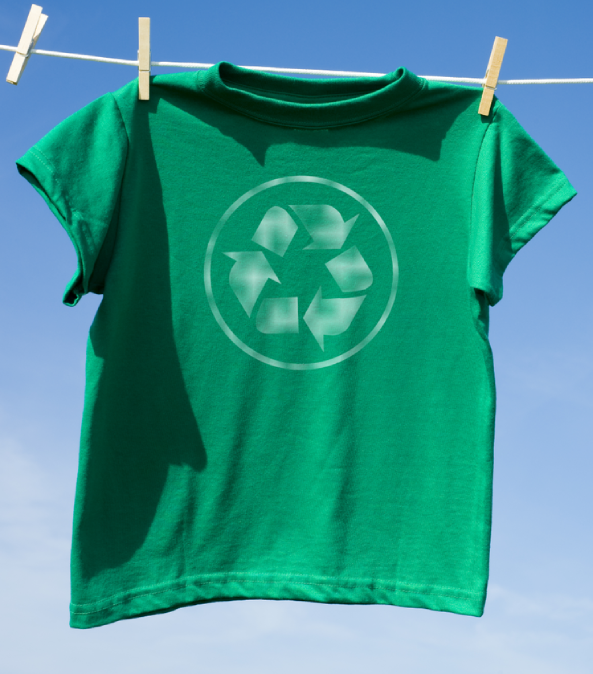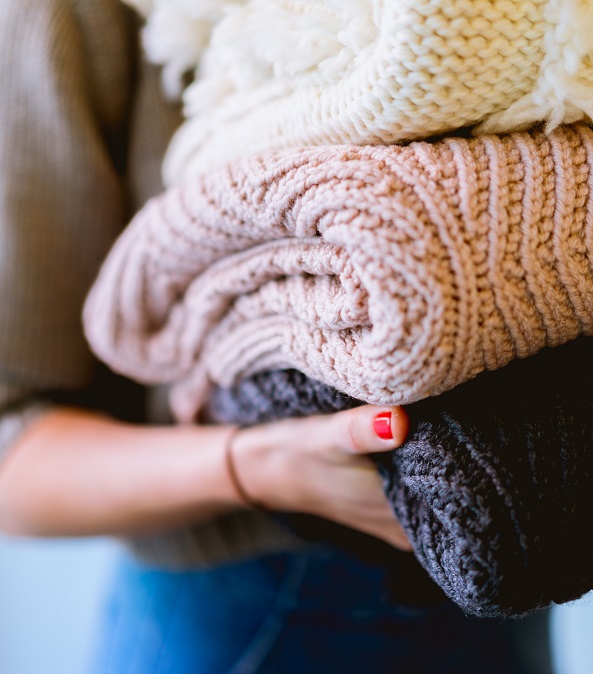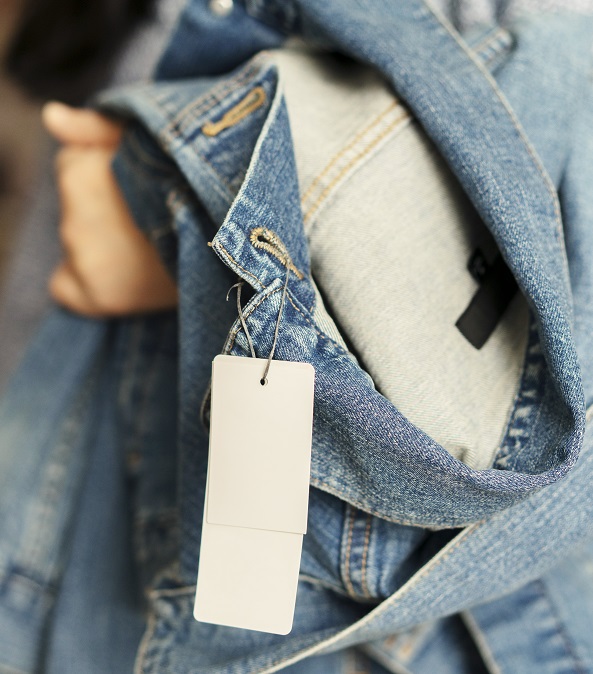When a piece of clothing wears out or goes out of fashion, it often gets tossed in the trash. But not every item of clothing is destined for the trash can. Clothes made from natural fibers are not only readily recycled, but at their ultimate end of life are biodegradable, releasing valuable nutrients back into the earth.
However, this is determined by the amount of chemicals used in the textile’s life cycle. There are different types of biodegradable fabrics based on their type of degradability, the duration they require to disintegrate fully, and their environmental effects.
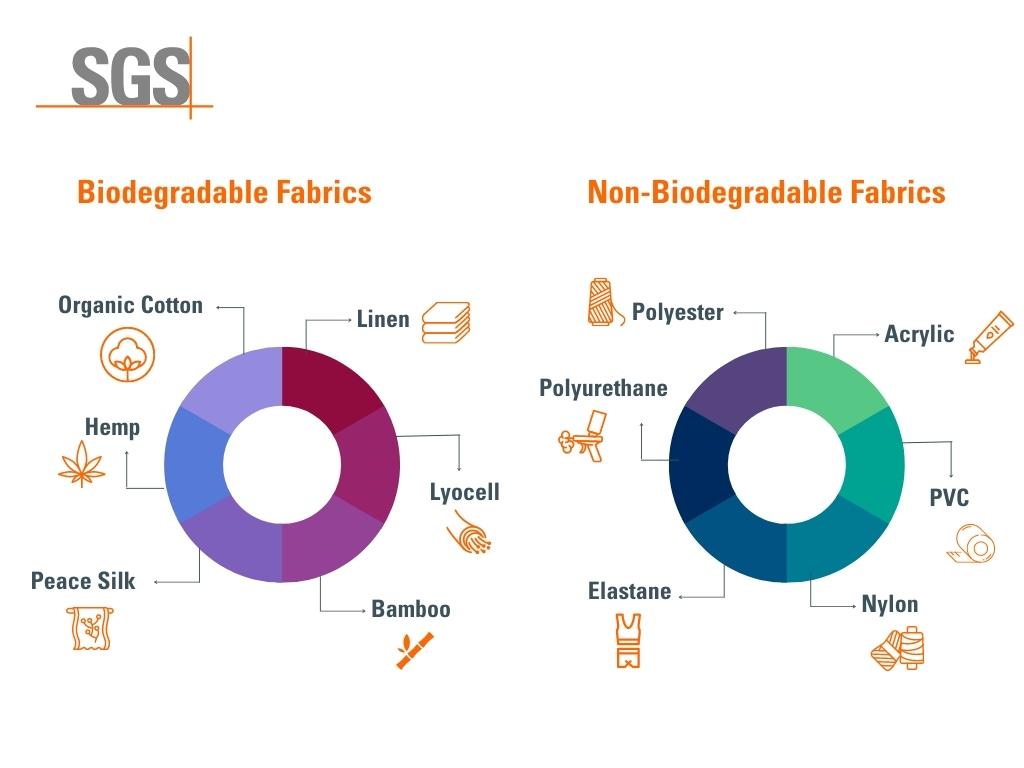
As explained in our blog Biodegradable & Compostable Plastics: Standards, Policies & Our Solutions, biodegradable material can decompose in nature to natural chemical elements as a result of the action of biological agents such as plants, bacteria, or animals, along with other physical agents such as the sun or water that transform these substances into compounds that serve as nutrients for the environment.
Applied to clothing, bio-garments — shoes, t-shirts or trousers, and also sheets or tablecloths — are those that have been manufactured with the aim of having the least impact possible on the environment during their entire life cycle. This translates into the use of materials that are nature friendly and degrade easily.
- Clothes can be composted as long as 99% of the entire garment is considered to be biodegradable — these fibers have the ability to break down quickly in nature without leaving any toxins behind
- Composting is conditional to factors like clothing dyes being AZO-free, the trims, buttons, and threads must be biodegradable or removed entirely before placing the garment for compost
- In order for clothes to degrade naturally, they must be placed in an oxygen-rich atmosphere and items like wet kitchen waste must be added to encourage the process
Every aspect or at least 99% of the garment must be compostable for it to be considered biodegradable — the fabric must be of organic nature, the dyes used must be low-impact and AZO-free, and even the trims like the threads and buttons must be compostable. If any of these components are non-biodegradable, it is the responsibility of the brand to identify these for the consumer so that they can be removed before composting.
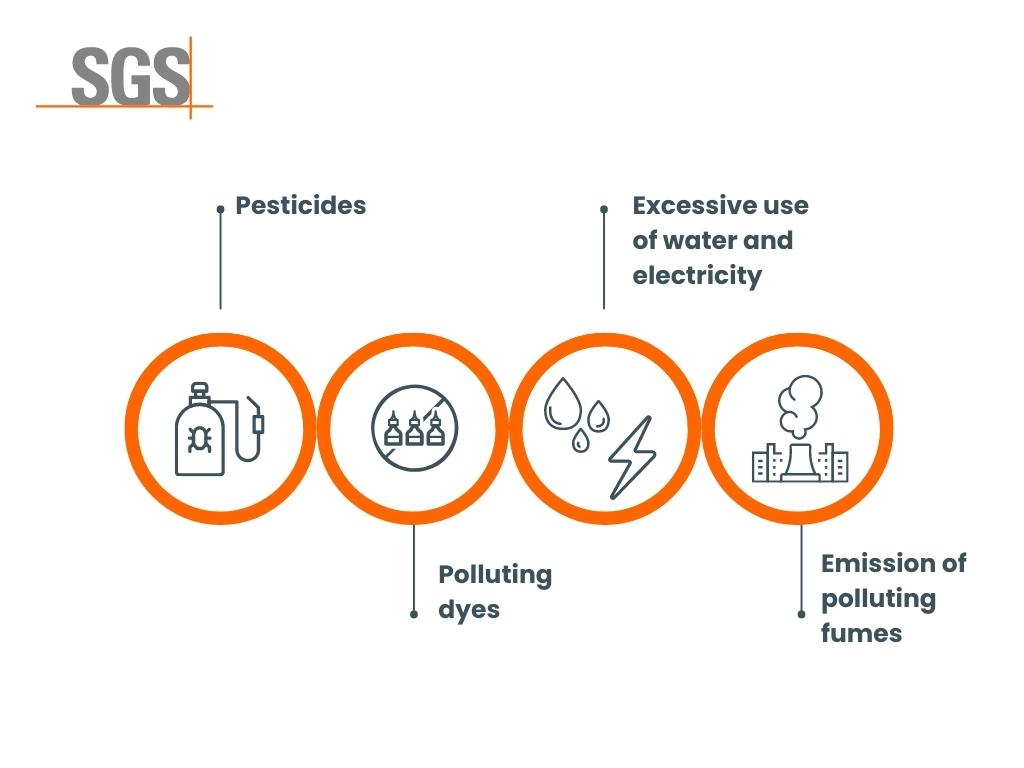
To ensure that products are biodegradable and do not leach toxins into the environment, SGS uses developed a test specifically for textile products.
SGS’s biodegradation tests use controlled soil burial over a defined test period. This method is based on international standards that determine the decomposition and degradation behavior of materials.
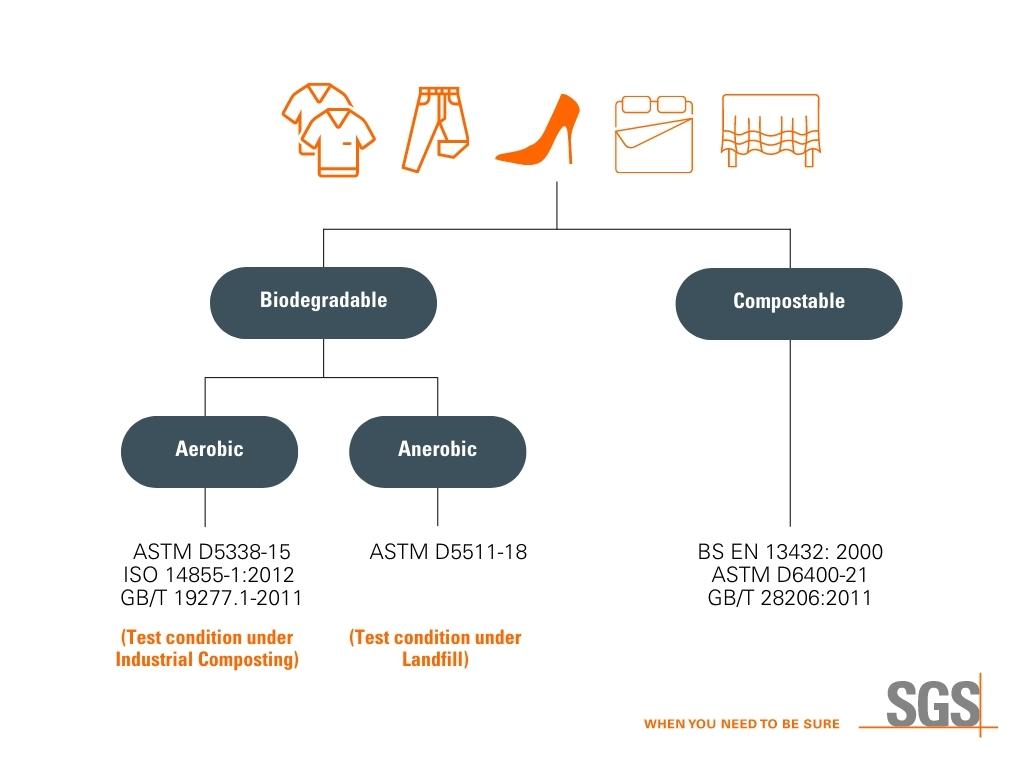
The results allow you to determine the decay process and environmental impact of textiles while transparently demonstrating that you have considered its entire life cycle.
Please fill in the below form to receive periodic updates and subscribe to our newsletter. You can also contact us or learn more about our Sustainability services in TIC Mall.
